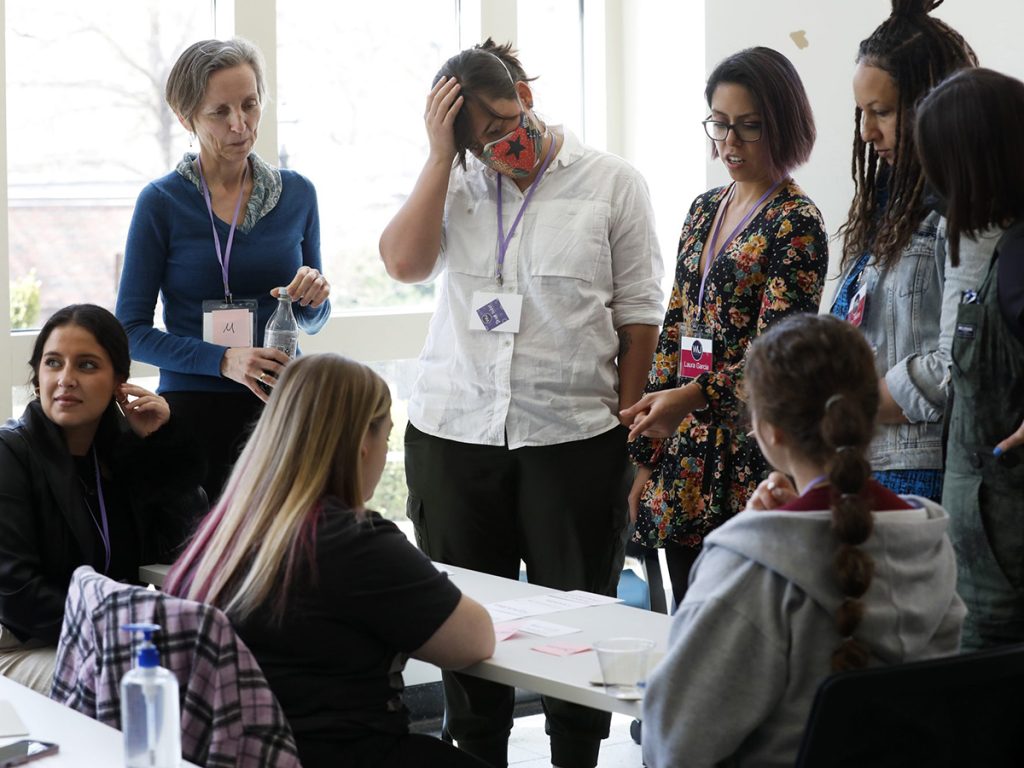Closing the gap
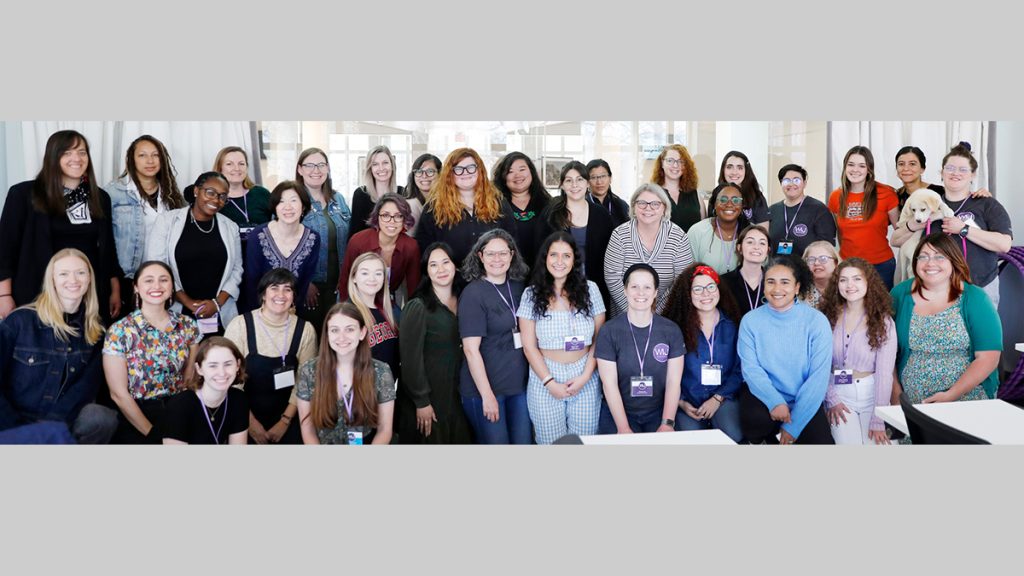
2023 Reynolds Journalism Institute Women in Journalism Workshop attendees and session leaders.
Photo: Kat Duncan
Donald W. Reynolds Journalism Institute is leading the way in providing female journalists the tools and training necessary for modern reporting environments
Contact: Deidra Ashley, ashleyde@missouri.edu
By Audrey Brown
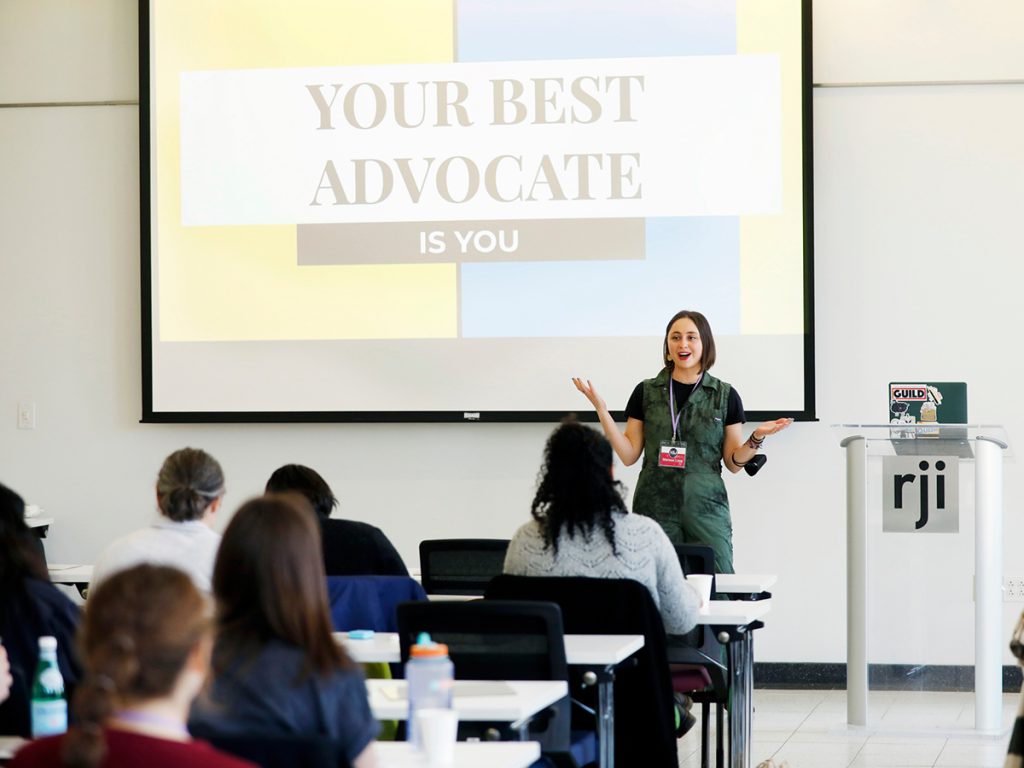
Covering natural disasters doesn’t always come naturally. That was a hard lesson for Marissa Lang to learn when she was sent to report on the 2016 Wine Country wildfires in California.
“Journalism jobs threw me into covering events that I hadn’t received any training on how to do safely,” she said. “I learned on the fly, but I wished I knew beforehand that there was training to help me prepare for such a situation.”
Now, as a session leader at the Missouri School of Journalism’s Donald W. Reynolds Journalism Institute’s (RJI) Women in Journalism Workshop, the Washington Post staff writer is helping equip other female journalists with the knowledge and tools to be prepared for similar situations.
“Sometimes, we don’t know what tools are out there,” Lang said. “When I was asked to cover the wildfire, I didn’t know there was training I could have done before. Programs are really helpful because they seek to fill the gaps and are specifically designed to help female reporters.”
Training the next generation
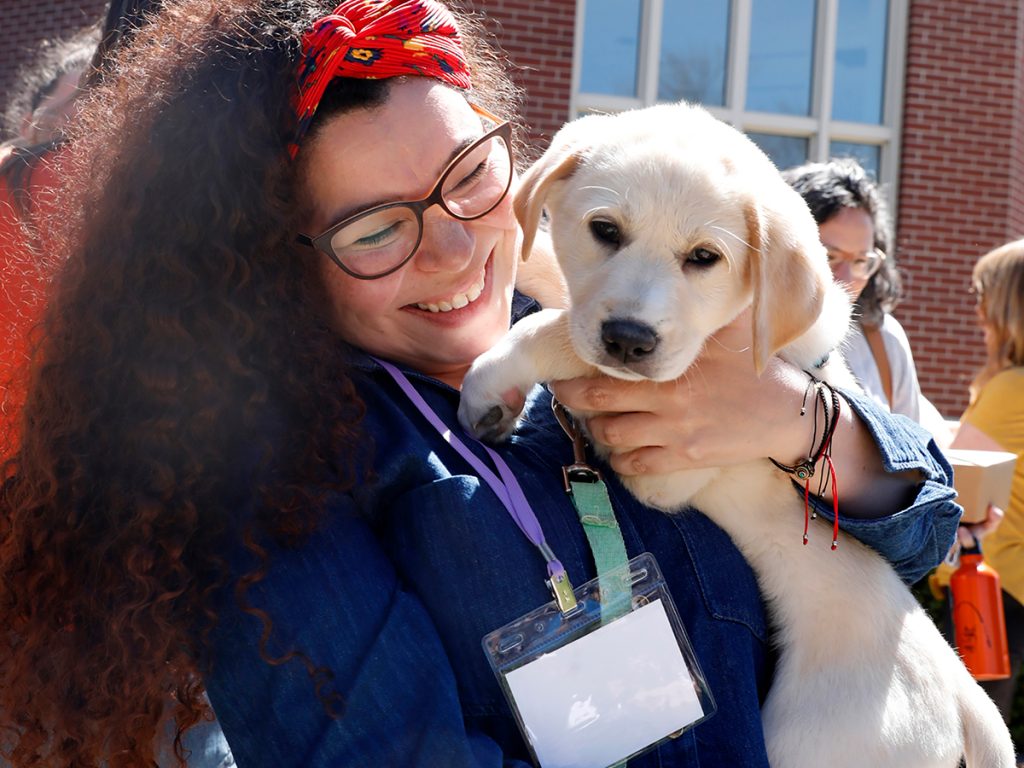
The RJI Women in Journalism Workshop started in 2017 and was founded by Kat Duncan, director of innovation at RJI. As a photojournalist, Duncan said she noticed a disparity between what newsrooms were training female reporters for and what they were actually experiencing.
“As I moved from newsroom to newsroom, I was covering topics that were bigger, harder and more dangerous, but the training did not always keep up with it,” Duncan said. “I talked to a lot of women in the industry and saw how we are often not offered the same training and opportunities that our male counterparts are given. In my role at RJI, I want to help fill that need and provide it all in one place over the course of a few days.”
This year’s workshop took place April 7 through 9 and featured sessions led by female journalists at outlets including BBC Mundo, the American Press Institute and Reuters. Nearly 50 attendees — including working professionals, and Mizzou faculty, staff and students — learned about topics as varied as salary negotiation, identity-aware reporting practices and collaboration in the newsroom. Mizzou students, such as Ceilidh Kern, played an integral role in bringing the event to life.
Kern, a workshop volunteer and journalism student at Mizzou, helped with a variety of tasks including introducing speakers, setting up computers and assisting event attendees.
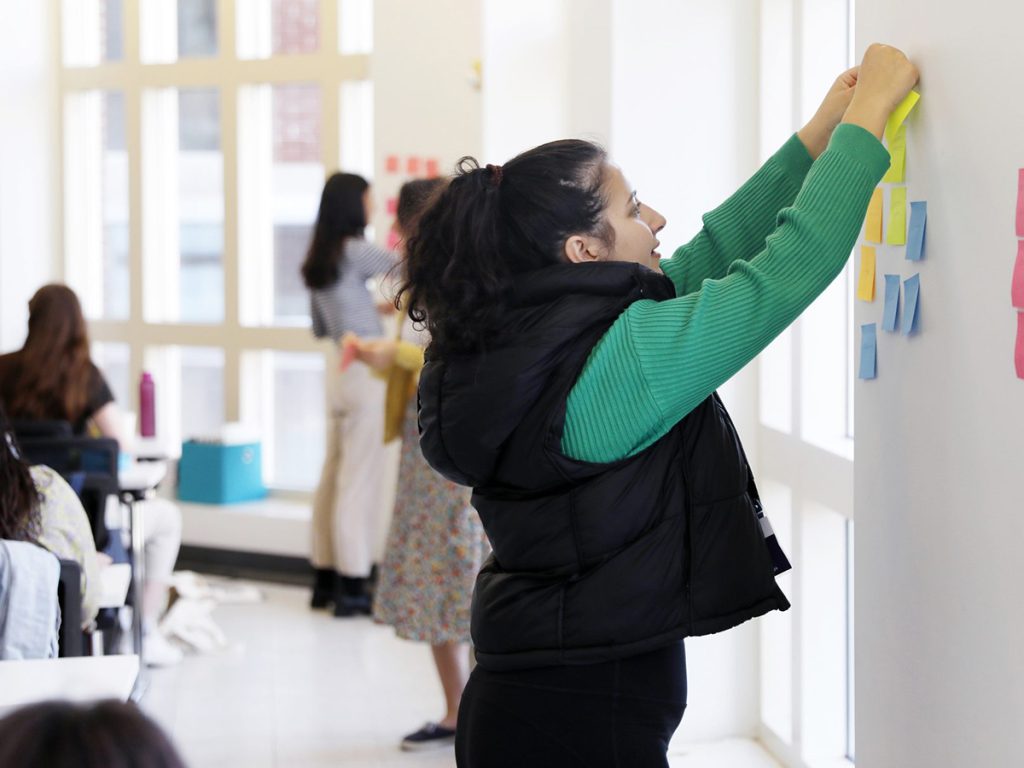
“I attended the workshop last year and really enjoyed it, so being able to help bring it to life for this year’s attendees was a great experience, as was learning from the presenters,” Kern said.
Student volunteers also get to participate in the workshop sessions and network with professions, a benefit Kern said was insightful .
“The presentations and discussions built upon the theory and hands-on elements of our journalism classes, and they made even the more hypothetical situations feel real and hands-on in their own way,” Kern said. “Mizzou has the reputation to bring in phenomenal experts and professionals from the field to talk about their experiences at events like this — it’s just not the kind of experience you would get at a lot of other schools. I’ve learned so much.”
Duncan reiterated the importance of student participation and said former students have shared with her many ways the skills and information they received during the workshop paid off in their careers.
“The workshop is big on speaking up and advocating for yourself because women don’t do that enough,” she said. “I had one student who messaged me and said they negotiated $10,000 more for their salary at their first job. It makes me feel great that RJI supports this, sees the value in it and provides this experience that helps journalists in their careers.”
Ultimately, the workshop aims to provide female journalists the opportunity to learn about evolving practices in the world of reporting while also preparing them for specific challenges they might face as women in journalism.
Updated: April 19, 2023
